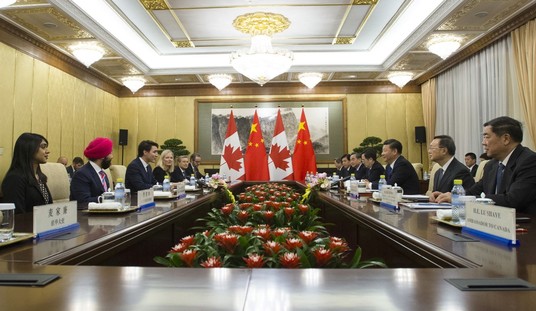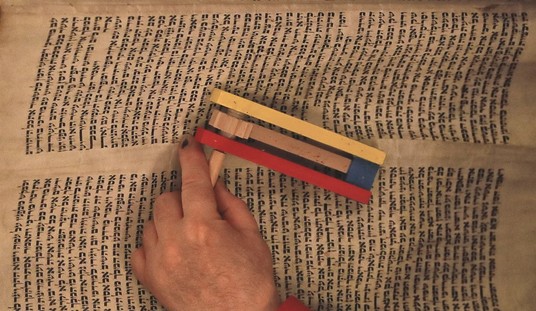The move is supposed to signal that we won’t abandon Afghanistan once we skedaddle in 2014. But when the Taliban take over shortly after that, is Afghanistan still going to be our buddy?
The agreement to put Afghanistan on the list of major non-NATO allies was part of the postwar deal struck between the White House and Kabul in May.
The presidential determination sent to the State Department on Friday merely formalized the mandates agreed to in the U.S-Afghanistan deal struck three months earlier.
Other major non-NATO allies to the United States include Australia, Bahrain, Israel, Japan, New Zealand, the Philippines, Thailand, and Republic of Korea.
Pakistan was the most recent country to be granted the non-NATO ally status in 2004, when then-President George W. Bush added the country to that key list of American allies.
Afghanistan is the first country President Obama has added to the non-NATO ally list since taking the White House in 2008.
Aside from increased military cooperation with the United States, Afghanistan will now have priority to receive surplus American military hardware under its major non-NATO ally status.
Afghanistan will also be able to stockpile American military surplus weapons and equipment outside the United States, without having to adhere to federal mandates governing foreign military sales.
The designation does not guarantee future U.S. troop levels in Afghanistan after the American withdrawal is complete in 2014, a senior administration official explained back in May, shortly before the U.S.-Afghan postwar deal was signed.
“It does, however, commit the United States to seek funding from Congress on an annual basis to support the training, equipping, advising and sustaining the Afghan National Security Forces, as well as for social and economic assistance,” the official told reporters during a briefing aboard Air Force One.
I suppose I shouldn’t be so cynical, but it’s President Obama’s fault. The administration is trying desperately to conjure up a power sharing agreement with the “good” Taliban and Afghan President Hamid Karzai. What distinguishes the “good” Taliban from the “bad” Taliban? It’s kind of murky but if your name isn’t Mullah Omar, you pass muster. And if your name is Haqqani or you swear allegiance to someone by that name, forget about it — you’re toast.
Other than that, there really isn’t a yardstick with which to measure which Taliban fighters we’re going to trust to help run Afghanistan after most of our forces are gone, and which ones we’re still going to want to be killing. We should probably be interested if any of them have ties to the Pakistani intelligence service, the ISI, or the Pakistani military. Pakistan would like nothing better than to run post-war Afghanistan using the Taliban — their Taliban — as proxies.
This is probably why few companies are interested in selling life insurance to Karzai. And why my cynicism is probably justified.










Join the conversation as a VIP Member